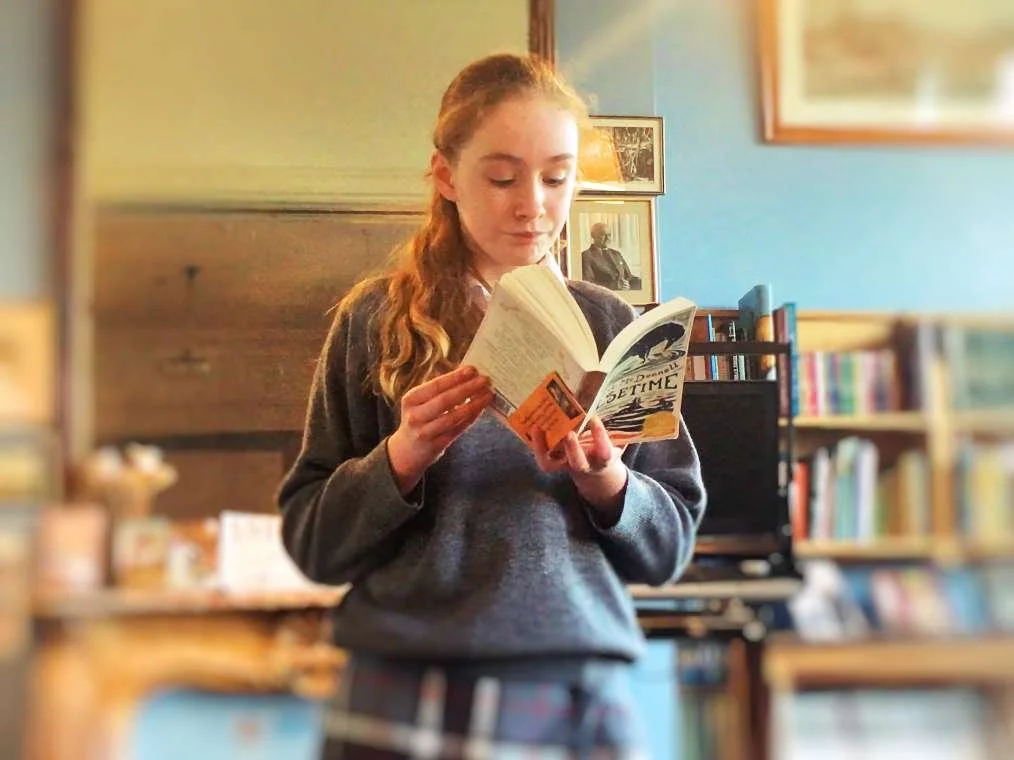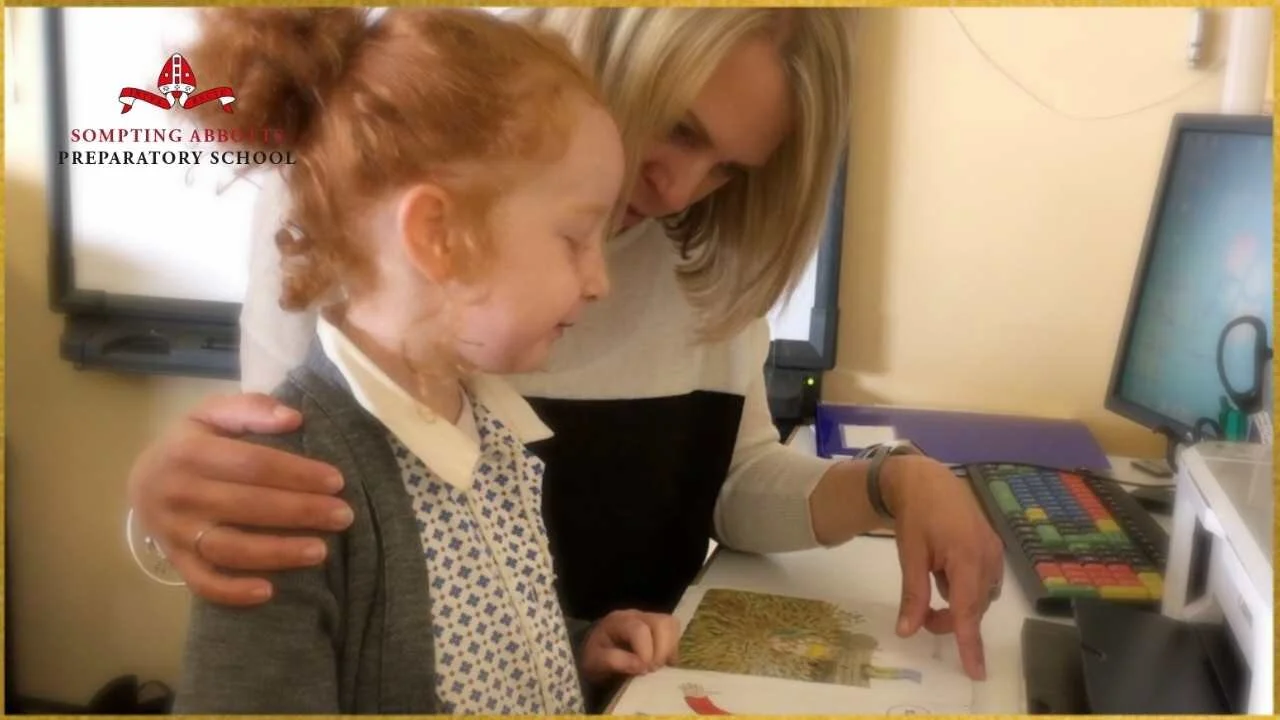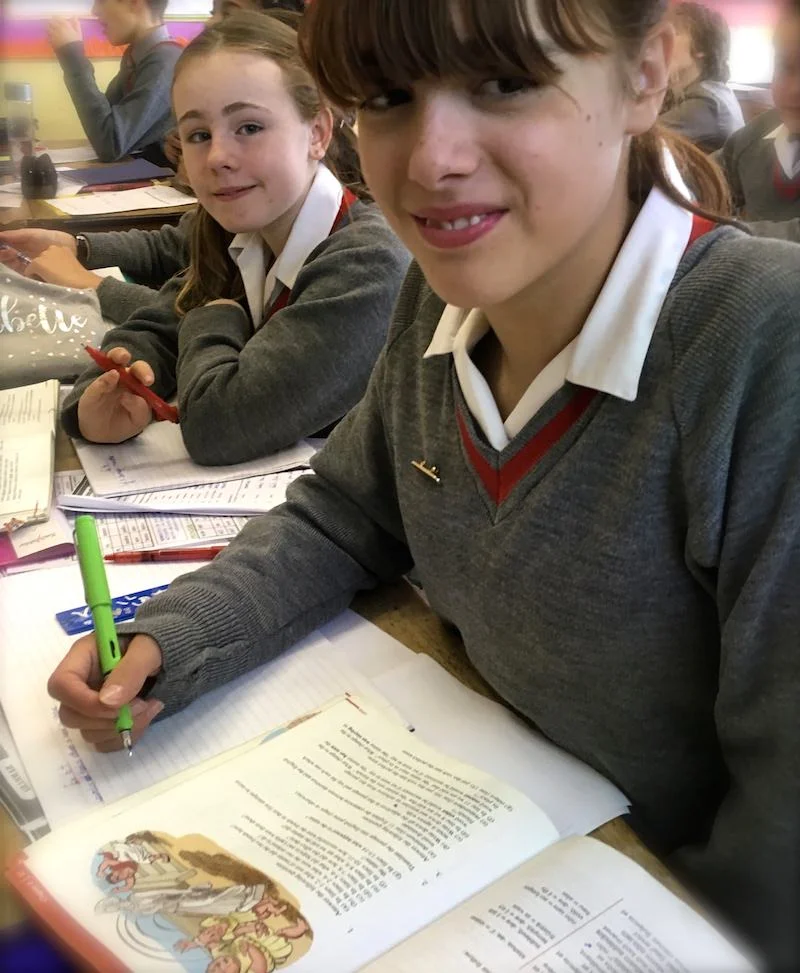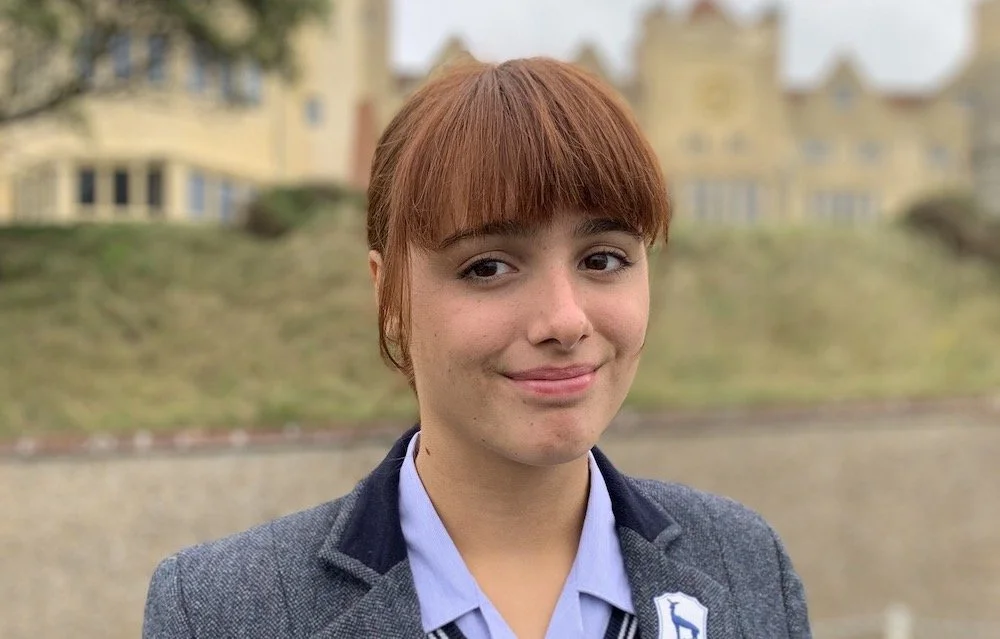What not to do at a school open day
/School Open Days in the independent sector tend to be held in both the Spring and Autumn. In the state sector, Open Days are usually held in September or October.
Many independent schools will allow your child to join at any time during the year. But if your child’s due to either begin state school or transfer to a junior state school next September, January will be the deadline to get your application in for their school place.
So now’s the time to do your legwork and attend Open Days at all the catchment schools on your list as ‘possibles’.
Chances are you’ve already done some research. Maybe you've looked at the schools’ websites, prospectuses and brochures? But don’t rely on just the marketing materials. They’ll probably have been professionally written and oozing achievements and feel-good factor.
To get behind the gloss, there’s nothing like actually visiting a school.
Which brings us to our first ‘not to do’!
“You’ll know instinctively when you actually go into the school if you like the ‘vibe’. Watching how teachers and pupils interact will tell you a lot about the nature of relationships between people and if it’s a caring place. ”
1. Don’t think you have to take your child to the Open Day
The decision’s up to you. If your child’s young and you know that he or she will be a distraction, think twice. Will your little one be shouting out: “Mummy, can we go now?” while you try and quiz the Head or the teacher? Then maybe consider going alone on your first visit to the school..
Your aim is to get a real feel for the school. So if you know your child’s going to make it impossible for you to concentrate, leave them behind (for now). If you do like the school, you can then book an individual visit or taster day for your child. Most schools will be understanding and happy to arrange this.
But, if your child is mature enough to come along, then definitely take them with you. Watch their reactions to what they hear and see. Encourage them to ask questions. Their views matter. Take note of how the teachers respond to them.
The best-planned Open Days include activities for visiting children of different ages. (Open days are a good indicator of how well organised a school is.) If you go to one of these, take full advantage. Your child can be left safe, having fun and getting their own feel for the place. You, meanwhile, can get on with your fishing expedition and find out everything you need to know.
2. Don’t rely on the school inspection report
Ofsted reports give an overview of standards at a snapshot in time. But they tell little about a school’s ethos. Nor whether it’s a happy school with an enriching wider curriculum and great pastoral care. Only you can decide that. Ofsted publications certainly give you a starting point. But don't rely on the report or SATs results as a meaningful indicator of the teaching standards. Teaching to test is what hothouse schools have to do to remain high up in the Ofsted league tables.
If you’re looking at an independent school, the ISI reports are somewhat more revealing. Although Ofsted monitors the ISI (Independent School Inspectorate), the ISI reports are less test-based. They assess academic achievement but give a broader perspective on a school’s overall qualities.
No inspection report, however, will tell you if it’s the right school for your child. You’ll know instinctively when you actually go into the school if you like the ‘vibe’. Watching how teachers and pupils interact is the best way to discover the nature of relationships between people and whether it’s a caring place.
“No one should rely on just the school’s marketing materials. They’ve probably been professionally written and oozing achievements and feel-good factor. To get behind the gloss, there’s nothing like actually visiting a school.”
3. Don’t choose the Saturday Open Day
Some schools put on Open Days at the weekends or in the evenings. They tend to be more ‘staged’ events than Open Days on school days. You might be treated to a great presentation but you’ll get less opportunity to see what’s really underneath.
Let’s face it, every Open Day is ‘show-time’ for a school. So if there’s a week-day visit available, plump for it. When an Open Day takes place in school hours, you get to see normal school children going about their normal business.
4. Don’t turn down a school tour with a pupil
Many schools use their older pupils as tour ambassadors. Obviously, they’ll choose their star students to do this. But if you get the chance to look around the school in the company of a pupil, grab it. The children will most likely have attended the school for several years and be a great source of information.
Notice if they’re polite and articulate. Are they modest but assured? Or a brash smarty-pants? Watch how they interact with their fellow pupils and their teachers. Are they enjoying being with you or does it seem like a chore? Ask them all the questions you like. Just chat away. Ask them:
What are their favourite and least liked subjects and why? (You often get insight into the teachers’ passions and abilities this way)
What do they love about the school?
Is there anything they’re not so keen on?
How often are their books marked?
Do they understand or can they read the teachers' comments?
What’s the head like - is he or she scarey?
How are the school lunches?
You can be a little clever with your quizzing. Children give refreshingly honest answers!
5. Don’t be shy. Talk to the Head
Leadership is vital in a school. If the Head (or Principal) impresses you from the get-go, you’re off to a good start. They’re likely to have made a presentation but dig deeper. Are they genuine? Do you warm to them? Will they do the best for your child in the years to come do you think? Will they get to know your child and back them? Can you build a relationship with the Head?
A good open question to get a sense of whether your child will thrive there or not is: “What’s the right student for this school?” Try and find out if the school has a whole-child approach or if it’s more focused on academic achievement. You’ll already know which of these is best for your child’s personality. Don’t be afraid to ask about staff retention either. You’re entitled to know if the school’s a secure and happy ship.
“Don’t turn down the offer of a school tour with a pupil. It’s a great insight opportunity. Are they assured but modest or a brash smarty-pants. Ask all the questions you like. Children tend to give refreshingly honest answers!”
6. Don’t miss seeing anything
Most Open Days are ‘all-access’ tours so ask to see everything. Don’t be limited to the Assembly Room and a couple of token classrooms. See the art studio, the IT suite, the kitchens, the dining room, the sports facilities, the changing rooms and the toilets. How clean and tidy are they? Are the computers tired-looking? Talk to the teachers in the classrooms you go into. Ask them how long they’ve been at the school and what they see as its strengths. If they seem awkward or unconfident, it could be a warning sign.
7. Don’t forget to look at the walls
Are they displaying plenty of colourful children's work? This is evidence that pupils' efforts are valued. It'll also give you a sense of the standards at the school. Does the display look fresh? Is it mounted with care? Or does it look like it’s sat there for some time?
8. Don’t pass up any chance to talk to parents
If your Open Day is in school time and it crosses over with school pick-up, be brave. Start a conversation with parents waiting around. There’s nothing as revealing as what real parents have to say so try to talk to several of them. Ask how they feel about the school. Why they chose it. You’ll often get an accurate sense of how the school is performing and how happy the children are this way. You’ll also know from doing this if you’ll feel comfortable in that parent group.
Home time is a good opportunity too to observe the children as they come out. Are they tired and happy? Or are they tired and demotivated?
9. Don’t ignore the school's social media
There aren’t many schools today that don’t have at least a Facebook page. They’re the perfect place to get a sense of parents’ engagement and an idea of what’s going on at the school.
Are there parents’ reviews on the Facebook page? Or the school’s Google My Business page? You can rely on these to be genuine. Both Facebook and Google make it difficult to remove negative reviews without good reason.
10. Don’t dismiss the school website
A school website can tell you a lot more than essential information about policies and facilities. At least it will if it’s been created with care and is more than a ‘billboard’ for that school.
The best school websites are packed with up-to-date stories and photos. These can give you good insight. Some school websites carry staff profiles that reveal a lot. Notice if the teachers have contributed content such as blog articles in their specialist areas. All this can give you a good idea of the school’s ethos and the teachers’ levels of enthusiasm.
“Are there reviews on the school’s Facebook page? Or the school’s Google My Business page? You can rely on these to be genuine. Both Facebook and Google make it difficult to remove negative reviews without good reason.”
11. Don't go unprepared...
Open Days are your opportunity to ask all the questions you want. So get a list written down. For example, how do children of different abilities fare at the school? What sports and clubs are on offer? Are music and drama a strength? What’s the pastoral care like? What foreign languages are taught and when? How much time is dedicated to sports and which are offered? How up to date is the ICT suite? How are they preparing children for today’s digital workplace? What’s the policy towards bullying? Does the school have a history of academic success? Is it moving upwards or downwards? Find out how it’s done over the last several years, not last year. What are the class sizes? Is it a feeder school? What senior and secondary schools do the children go onto?
If you don’t get the answers in the Head’s overview presentation, speak to him or her afterwards. Pin down all the answers you need for your child.
12. Finally, don't be afraid to trust your instincts...
Much like buying a house, you often get a feeling for whether a school’s right as soon as you arrive. Most people make their decision on their gut instinct about whether a school is ‘a good fit’ or not for their child. And there’s nobody who can argue with that. No one knows your child like you do…























































